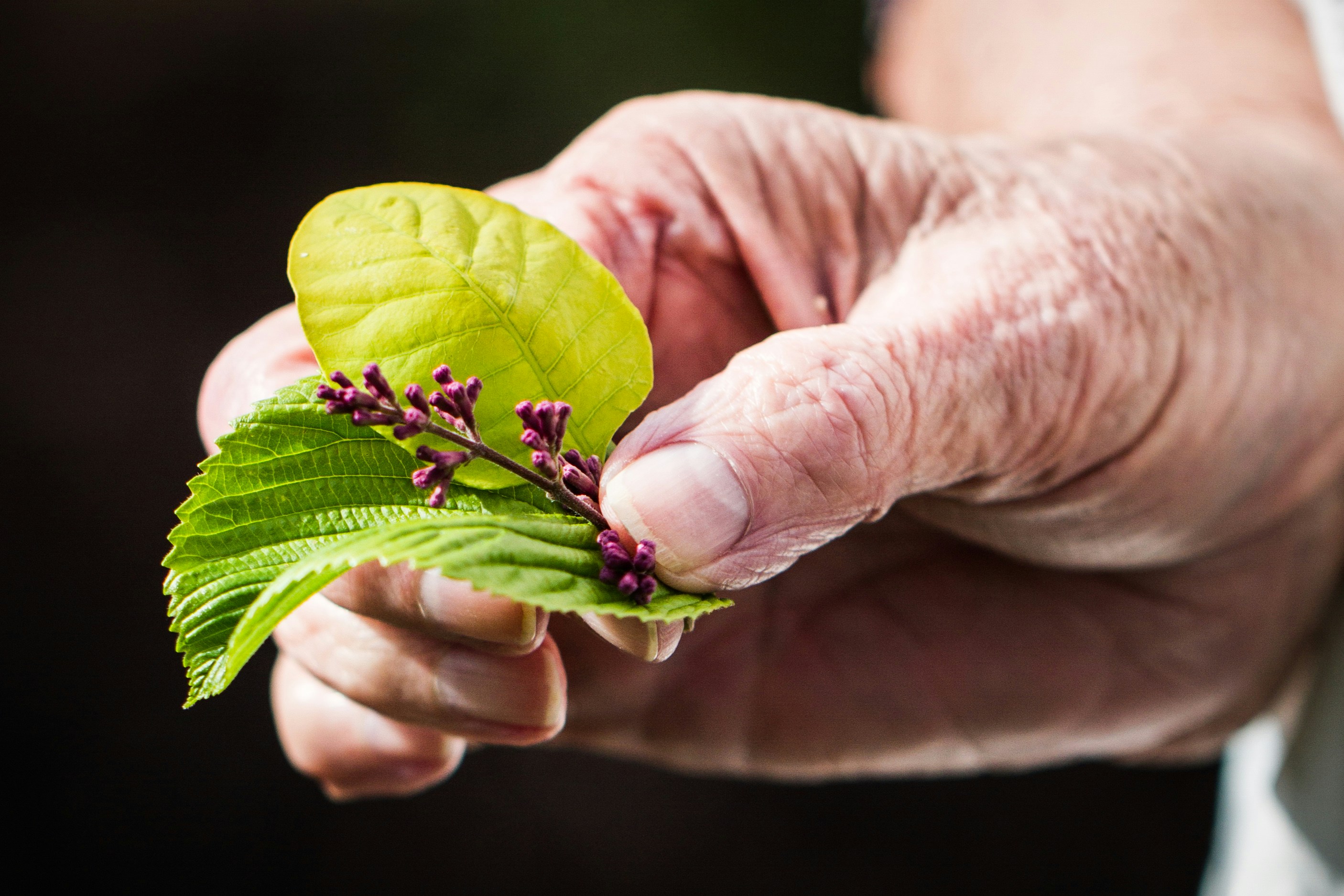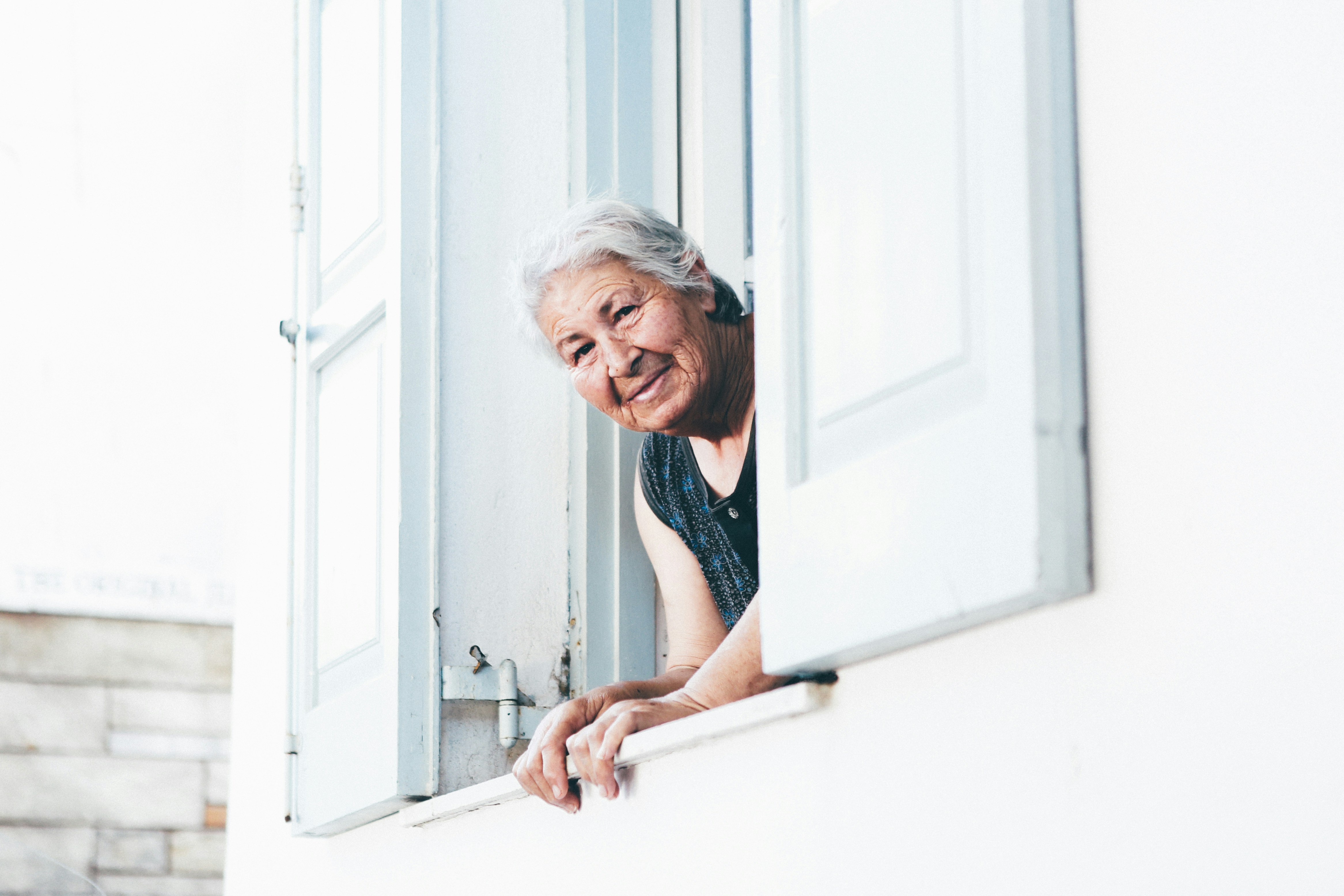Common Characteristics of People Over 100

Number one: never be a quitter.
What is the secret to living to over 100? You might think the answer has something to do with a healthy diet and regular exercise - but a new study by researchers in Madrid suggests there's something else at play: your personality.
"Given that happier people are likely to live longer, we asked whether healthy centenarians share psychological resources or positive personality traits that enable them to face traumatic situations and life's challenges more successfully," the team write in their paper published this month in the Journal of Happiness Studies.
"Analyzing the lives of healthy centenarians provides us with insights that can help us achieve a healthy old age."
By interviewing 100 people aged between 107 and 19, 16 of whom were women, the researchers isolated eight psychological strengths common among centenarians. "These are all related to physical and mental health," the paper notes, "so their specificity to healthy centenarians is consistent."
So what are these all-important personality components that help a person reach those journey figs? The first one is not surprising when you think about it: vitality.
"Vitality means feeling alive, alert and full of energy," the authors explain. "The centenarians interviewed are strongly engaged in life, they are not just living, they clearly want to keep on living."
The interviewed seniors talked about exercising every day, participating in social groups, playing games like cards or sudoku - in short, staying active both mentally and physically.
This leads us to the second factor that keeps centenarians healthy: staying social. Not only with friends and acquaintances - or groups of scientists who want to interview you about the secret of your long life - but more importantly with loved ones.
"The most beautiful thing in my life is my children, grandchildren and great-grandchildren who love me more than my grandchildren," a 104-year-old tells the team. "I have a 10-year-old granddaughter who sits on my lap and calls me 'beautiful grandmother'."
Of course, this is made much easier by the third personality trait the group shares: commitment, or, according to the newspaper, "the psychological bond one forms with what one is committed to". It could be a job, family, friends, even just personal goals - the important thing is that once centenarians find something they value, they stick with it.
Which makes sense, because the next key aspect of living life to the fullest is maintaining a sense of control in one's life.
"The authors write: "Centenarians generally show autonomy, environmental mastery and practicality. "By and large... they have made their own decisions, taken control of their own lives and steered it in the direction they want it to go."
Fifth on the list is a trait that is almost synonymous with youth: being intellectually motivated - that is, being curious, loving to learn and self-taught. Interviewees described traveling far and wide, training their brains with things like logic puzzles and, above all, reading: "Even those who could not go to school learned to read and write on their own," the authors write: "This shows that there is a clear interest in learning, especially when you consider that the illiteracy rate in Spain as a child was 60 percent."
Perhaps this is a sign of the next characteristic that unites the group: positivity. Now, pessimists, don't despair, you are not yet doomed to an early grave (or - maybe you might be, but not exactly for that reason.) The researchers didn't define positivity as just "having a sunny outlook" or "smiling a lot" - it meant more about gratitude for the good and the ability to cope with the bad.
"Life has given me everything, thank God," says a 100-year-old woman. "It has given me disappointments, like losing relatives, but thank God I haven't had a bad time."
This makes sense when you consider some of the effects of depression, which are known to be linked to premature brain aging, a higher risk of dementia and even a worse immune system. While depression may not be preferable, the fact that these older people probably didn't suffer from depression may have helped their impressive longevity.
It is worth noting that this positivity is not the result of monotonously pleasant lives. In fact, the seventh characteristic listed by the researchers was remarkable resilience: "Their stories reflect extremely difficult periods in their lives, including parental separation in childhood, abusive husbands, loss of a spouse and even children, and being locked in a room in a nursing home due to COVID-19."
"Add to all this the Spanish Civil War, which they all experienced in their late teens or young adulthood," the authors add. "Despite all this, centenarians have known how to move on with their lives, how to redirect them in certain situations and, above all, how to remain psychologically unharmed by their difficulties."
Finally, and somehow combining all the previous characteristics, we have intelligence.
"Not for nothing, intelligence is one of the best predictors of longevity," the authors write. This is because, by definition, it allows a person to think abstractly, plan ahead, use new information to reason and solve problems - skills that are useful when doing things like taking care of your health or deciding whether to buy a chainsaw for a grenade.
Researchers argue that centenarians are a brainy bunch. "They have successful academic and professional outcomes, are self-taught, problem-solve, take on challenges and succeed even if they have not been specially trained, love to learn and are curious, are quick of speech, agile and have a good memory, are at least literate even if they have not attended school, and are able to adapt and direct their lives in ways they find satisfying," they write. "For all these reasons, we would add, centenarians are intelligent people."
Sunil Bhar, who runs a wellbeing clinic for the elderly in Melbourne, Australia, told New Scientist that while noting that all participants were in good health at the time - so traits like "positivity" and "resilience" were a little easier to exhibit - the results were in line with what other researchers have seen.
In other words, this is a pretty good recipe for a long life. But what do you do if you don't have all the ingredients?
Don't worry: for those who lack these personality traits, there are ways to develop them. For example, lead author Lola Merino told New Scientist: "You can practice gratitude by recognizing all the good things in your life, and when it comes to control, you can create patterns and habits so you don't get overwhelmed by daily demands."
Thanks for reading.
























































